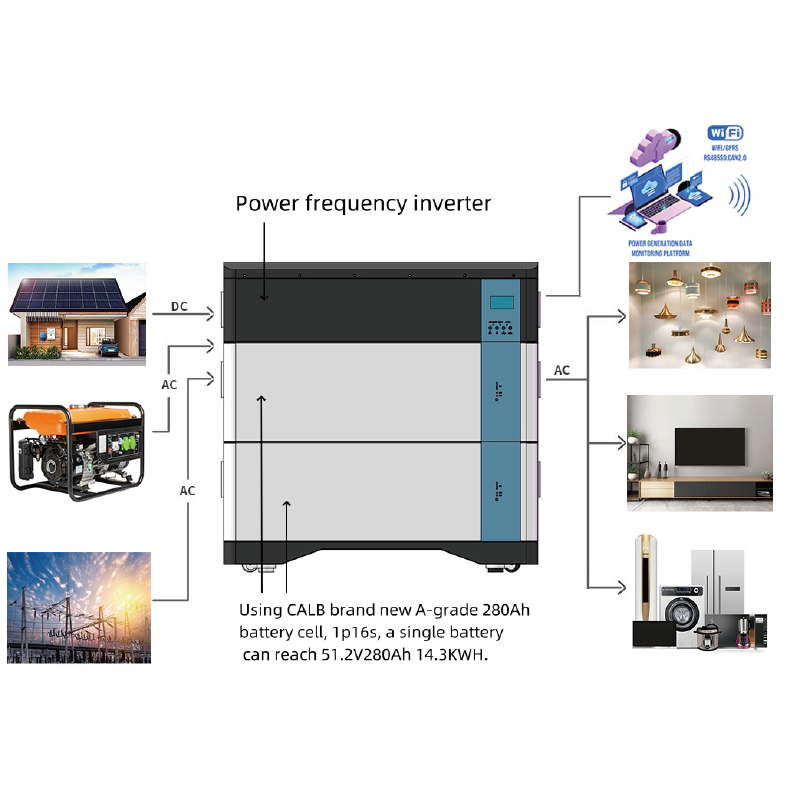Living in an RV full-time has become an increasingly popular lifestyle choice for many individuals and families seeking freedom, adventure, and a minimalist way of living. However, choosing the right size RV is crucial to ensure comfort, functionality, and a seamless transition into this unique lifestyle. In this article, we will explore the factors to consider when determining the ideal size for a full-time RV, taking into account both personal preferences and practical considerations.
- Assessing Your Needs:
Before diving into the specifics, it is essential to evaluate your individual needs and preferences. Consider factors such as the number of occupants, desired amenities, storage requirements, and travel plans. This self-assessment will serve as a foundation for selecting the appropriate size RV. - Class A, B, or C: Which is Right for You?
RVs come in various classes, each offering distinct advantages and limitations. Class A motorhomes are the largest and most luxurious, resembling a home on wheels. Class B campervans are compact and maneuverable, while Class C motorhomes strike a balance between size and amenities. Understanding the differences between these classes will help narrow down your options. - Length Matters:
When it comes to RVs, size matters, particularly in terms of length. Longer RVs provide more living space, storage capacity, and amenities. However, they can be more challenging to maneuver and may have restrictions in certain campgrounds or national parks. Consider your comfort level with driving larger vehicles and the destinations you plan to visit before settling on a specific length. - Floor Plan Considerations:
Beyond length, the layout and design of an RV's interior, known as the floor plan, significantly impact livability. Look for a floor plan that maximizes space utilization, offers privacy when needed, and provides comfortable sleeping arrangements. Consider features such as slide-outs, which expand living areas, and multi-purpose furniture to optimize functionality. - Storage Solutions:
Living in an RV full-time requires efficient storage solutions to accommodate personal belongings, clothing, kitchenware, and recreational equipment. Look for RVs with ample storage compartments, including overhead cabinets, under-bed storage, and exterior compartments. Additionally, consider the availability of external storage options, such as bike racks or roof storage. - Weight and Towing Capacity:
If you plan to tow a separate vehicle or trailer, it is crucial to consider the weight and towing capacity of your RV. Ensure that your chosen RV can safely tow the additional load without compromising performance or safety. Consult the manufacturer's specifications and seek professional advice if necessary. - Budget Considerations:
While it may be tempting to opt for the largest and most luxurious RV, it is essential to consider your budget. Larger RVs often come with higher price tags, increased fuel consumption, and maintenance costs. Set a realistic budget and prioritize your needs to find the perfect balance between size, features, and affordability.
Conclusion:
Choosing the right size RV for full-time living is a personal decision that requires careful consideration of various factors. By assessing your needs, understanding the different RV classes, evaluating length and floor plan options, considering storage solutions, and factoring in weight, towing capacity, and budget, you can make an informed choice. Remember, the perfect size RV is the one that aligns with your lifestyle, providing comfort, functionality, and the freedom to embark on unforgettable adventures.




